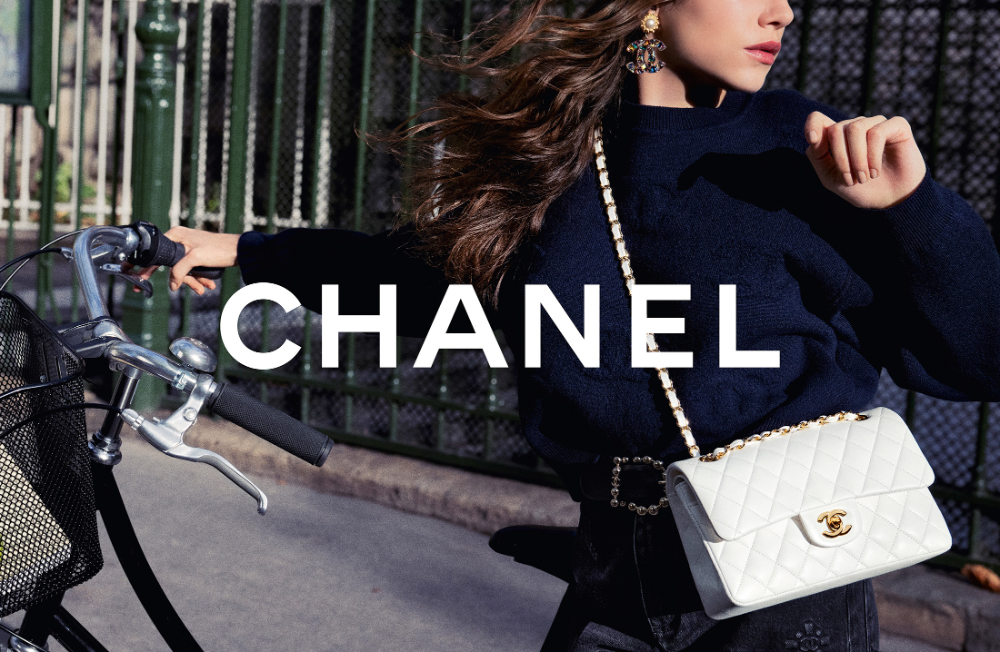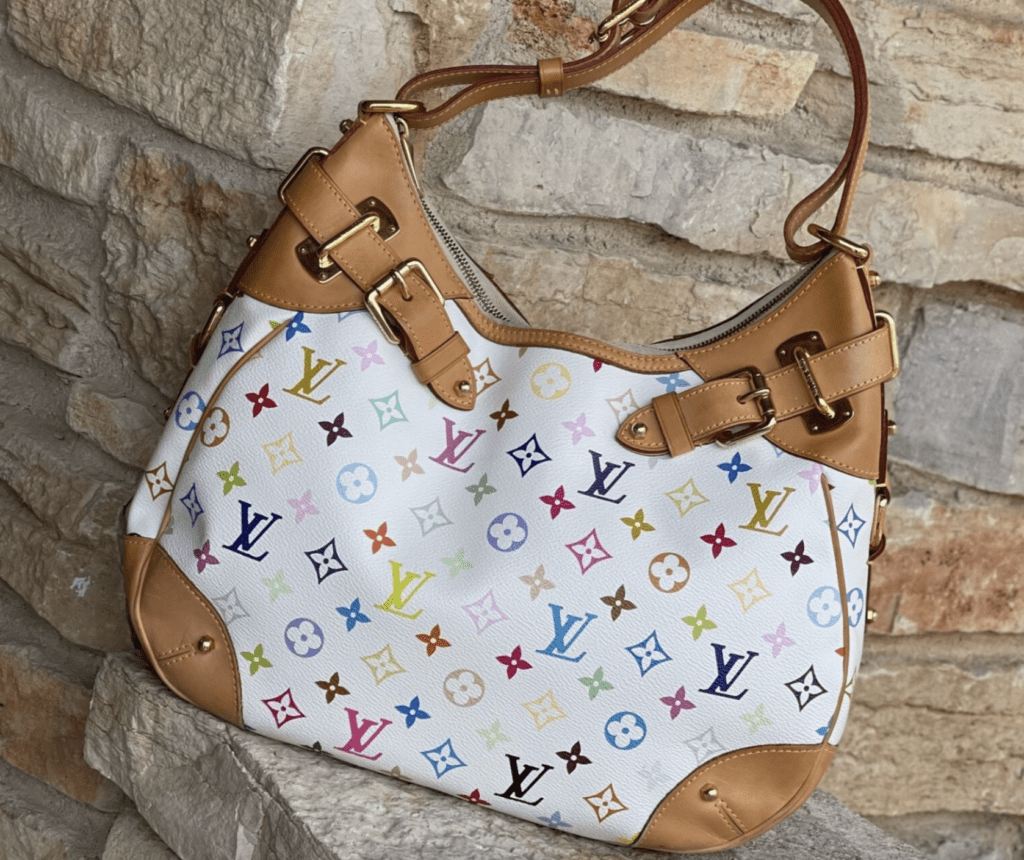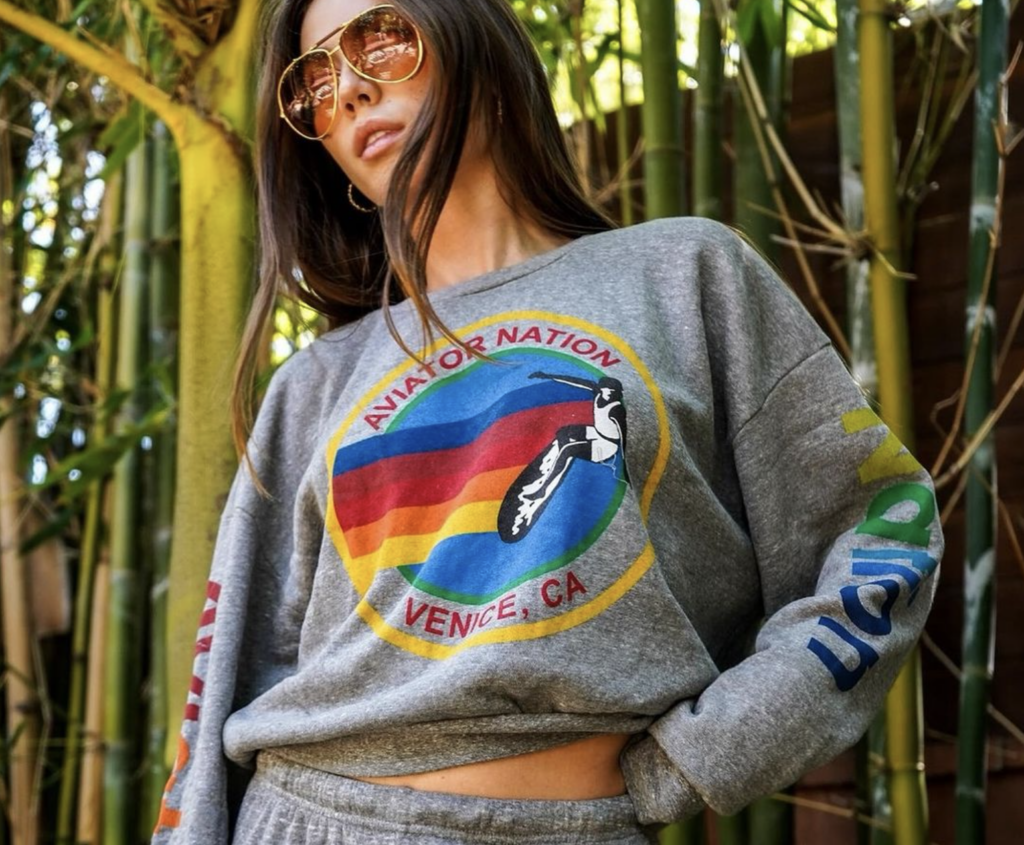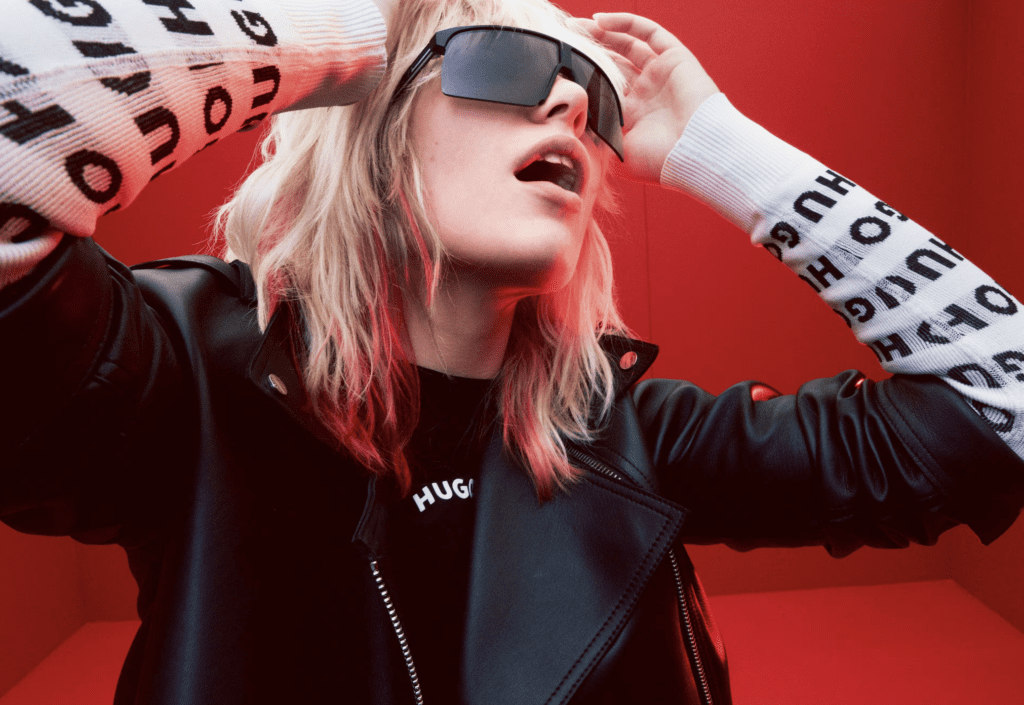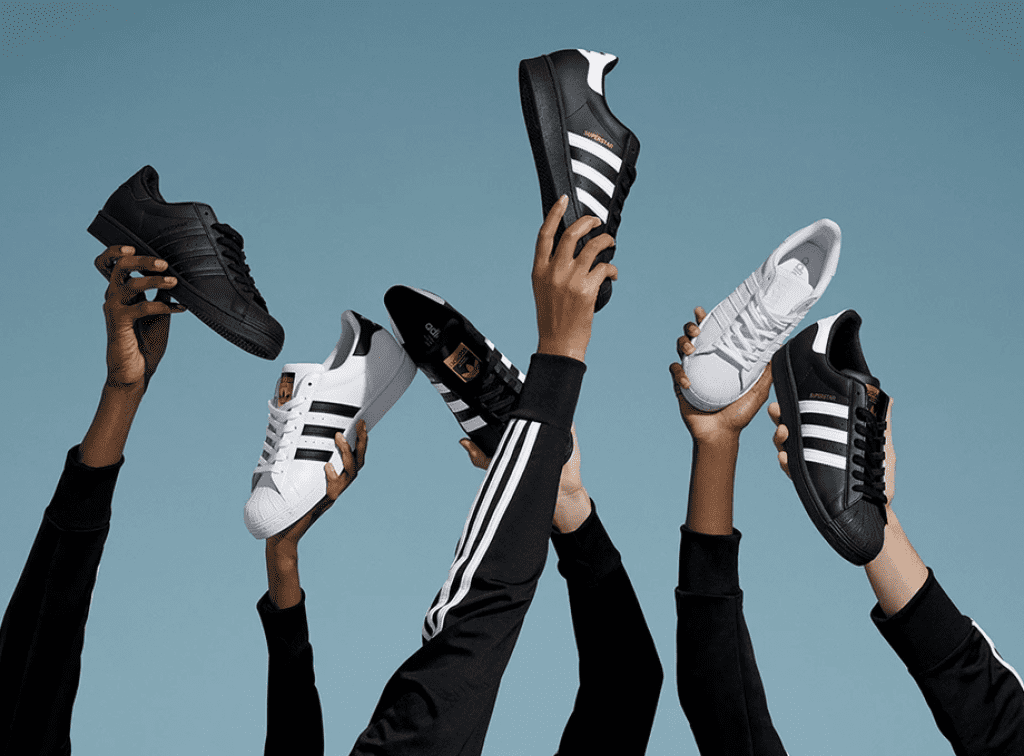A New York federal jury has sided with Chanel in its case against What Goes Around Comes Around. Following a more than two-week-long trial, the jury weighed in favor of Chanel on all four of its causes of action: trademark infringement, false association, and unfair competition based on WGACA’s use of Chanel marks and other brand indicia, as well as hashtags; trademark infringement, false association, and unfair competition based on WGACA’s sale/offering for sale on non-genuine Chanel products; trademark infringement based on WGACA’s sale/offering for sale of counterfeit goods; and false advertising. The jury awarded $4 million in statutory damages to Chanel “for its claim for trademark infringement based on WGACA’s sale or offering for sale of Chanel-branded handbags bearing counterfeit trademarks.”
Chanel said in a statement on Tuesday that it “welcomes the ruling, which demonstrates [its] unwavering commitment to protecting consumers and its brand against all false association, trademark infringement and counterfeiting, and false advertising.” Such infringements “hurt consumers and harm the Chanel good will and brand, because they are likely to confuse the public as to the nature of the Chanel-branded items they are purchasing,” the brand continued on, noting that “secondhand platforms, when they operate with transparency about the Chanel-branded items they sell and cooperate with law enforcement and Chanel, can help in the fight against counterfeiting.”
What Goes Around Comes Around co-founder Seth Weisser said that the company is “incredibly disappointed” with the jury verdict. He further revealed that What Goes Around Comes Around will “explore our legal options” as the case moves on to the second phase. WGACA also confirmed that it “has always had a rigorous authentication process and has never in the history of the company sold a non-genuine or counterfeit product” and that it will “continue to stand by our 100% authenticity guarantee.”
The Background: The luxury brand and the luxury reseller have been at odds since March 2018 when Chanel filed suit against What Goes Around Comes Around (“WGACA”) in a New York federal court. Chanel accused WGACA of trademark infringement, false advertising, and unfair competition, among other claims, in connection with its alleged pattern of offering up counterfeit or otherwise infringing Chanel goods – from handbags to branded point-of-sale-items, and attempting “to deceive consumers into falsely believing [that it] has some kind of … relationship or affiliation with Chanel or that Chanel has authenticated WGACA’s goods in order to trade off of Chanel’s brand and goodwill.”
Since then, the parties have been locked in a high-stakes legal clash that counsel for WGACA has described as a David v. Goliath battle between a global luxury titan and a three-store resale operation, and one in which Chanel is using trademark claims as a pretext to squash an entity in the secondary market. Chanel has disputed this characterization, arguing, among other things, that WGACA is far from a small player in the space, and in fact, the burgeoning reseller generates some $150 million in revenue each year from its sale of pre-owned luxury goods, at least some of which are counterfeits.
The Impact in Brief: While testimonies and corresponding evidence that had a direct bearing on whether WGACA ran afoul of federal trademark law by allegedly offering up counterfeit or otherwise infringing goods dominated the ins-and-outs of the jury portion of the trial, it seems (to me) that this case is equally about how much leeway brands have to dictate how their trademarks are used and the conditions in which goods bearing those marks are sold. In short: How much control can brands exert over the resale of their products by third parties?
The brand-friendly verdict suggests, in part, that resellers will have to toe the line very carefully when it comes to how they market even authentic products, including the use of brands’ names, logos, and other brand-related indicia, as well as the language that goes into representations/warranties about product authenticity. In the same vein, resellers are potentially being sent the message that nominative fair use will not shield them from liability in the event that they make excessive use of another’s marks and as a result, falsely implies a connection between resellers and the brands’ whose wares they are offering up.
Next Steps: Far from over, the matter, which shines a spotlight on the workings of multi-billion-dollar resale economy, will now proceed before Judge Stanton, with the parties to present evidence related to “equitable remedies, such as disgorgement and injunctive relief” exclusively to the judge.
Also worth noting … the win for Chanel could impact mediation between it and The RealReal, which is currently underway in a separate but similar lawsuit waged by Chanel.
The case is Chanel, Inc. v. What Goes Around Comes Around, LLC, et al., 1:18-cv-02253 (SDNY).




